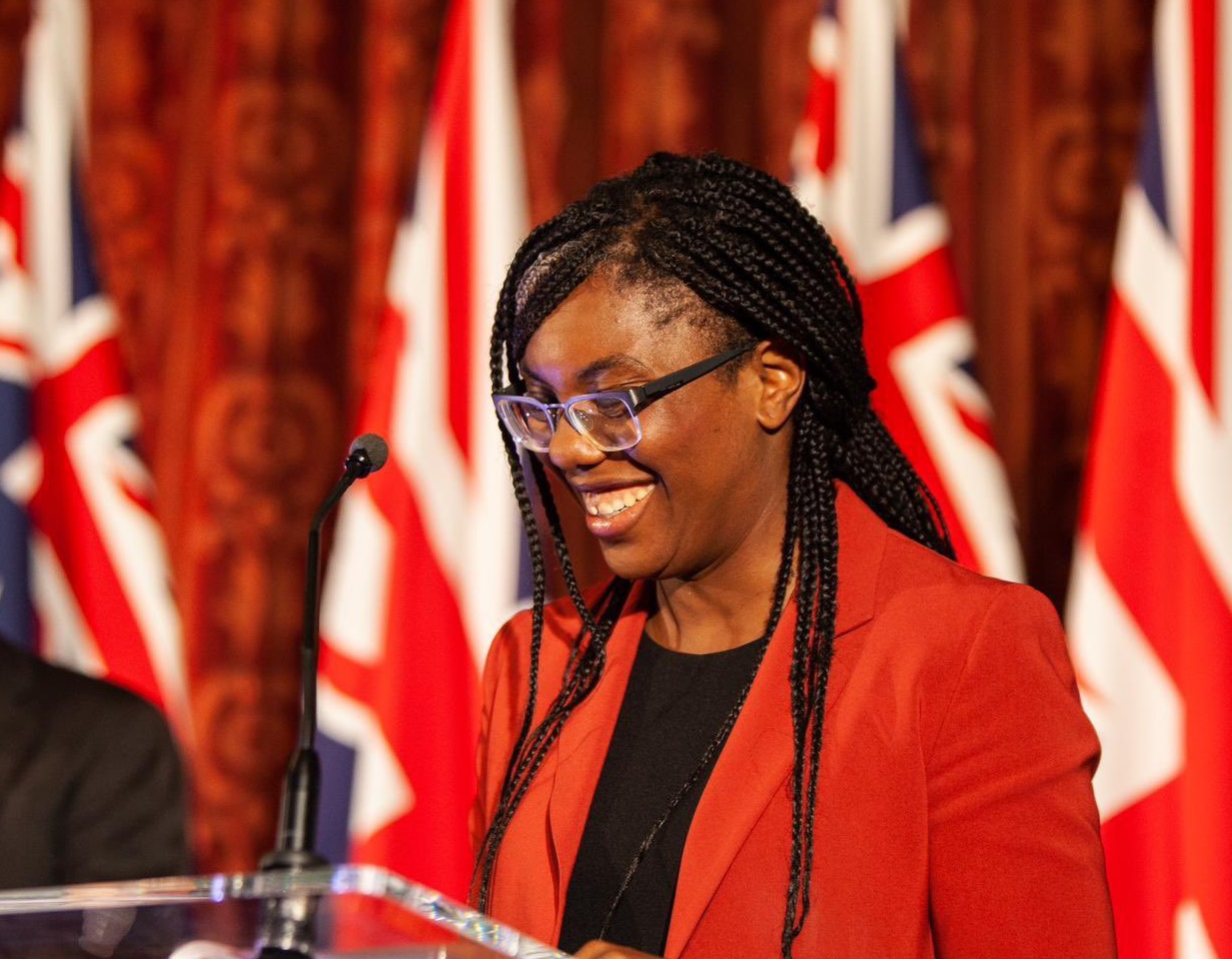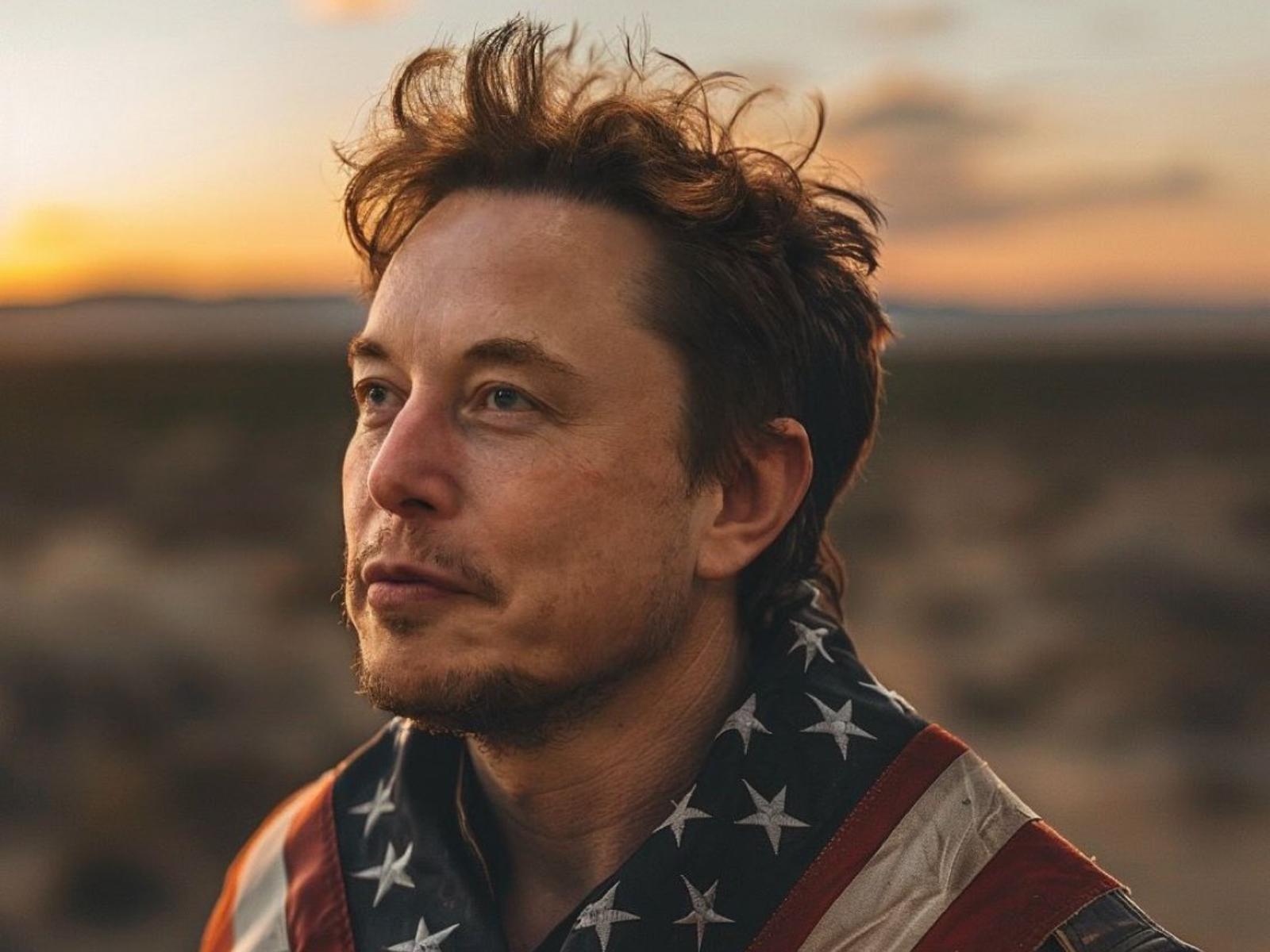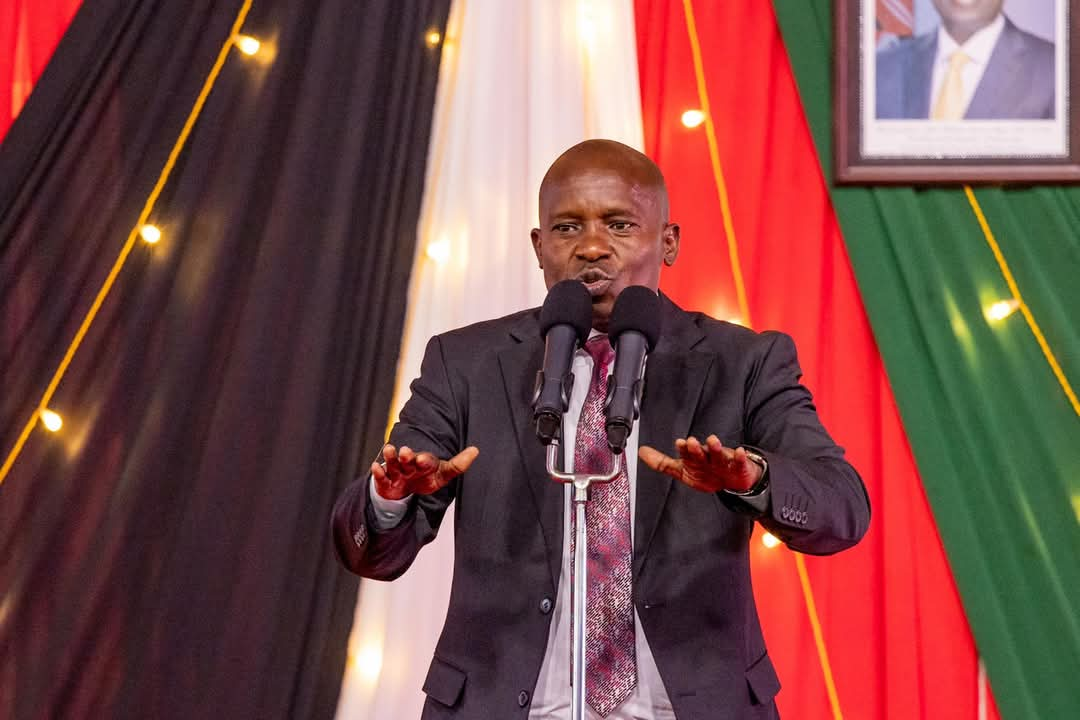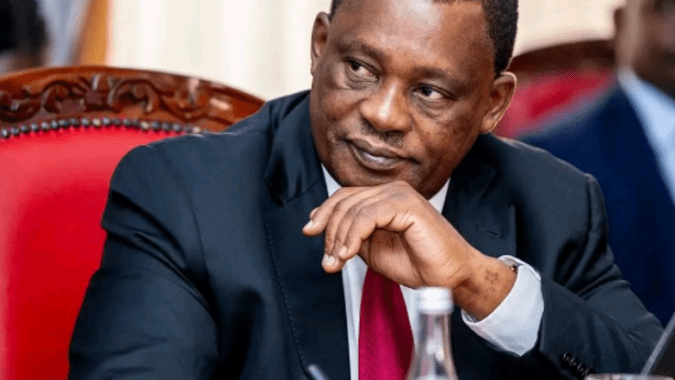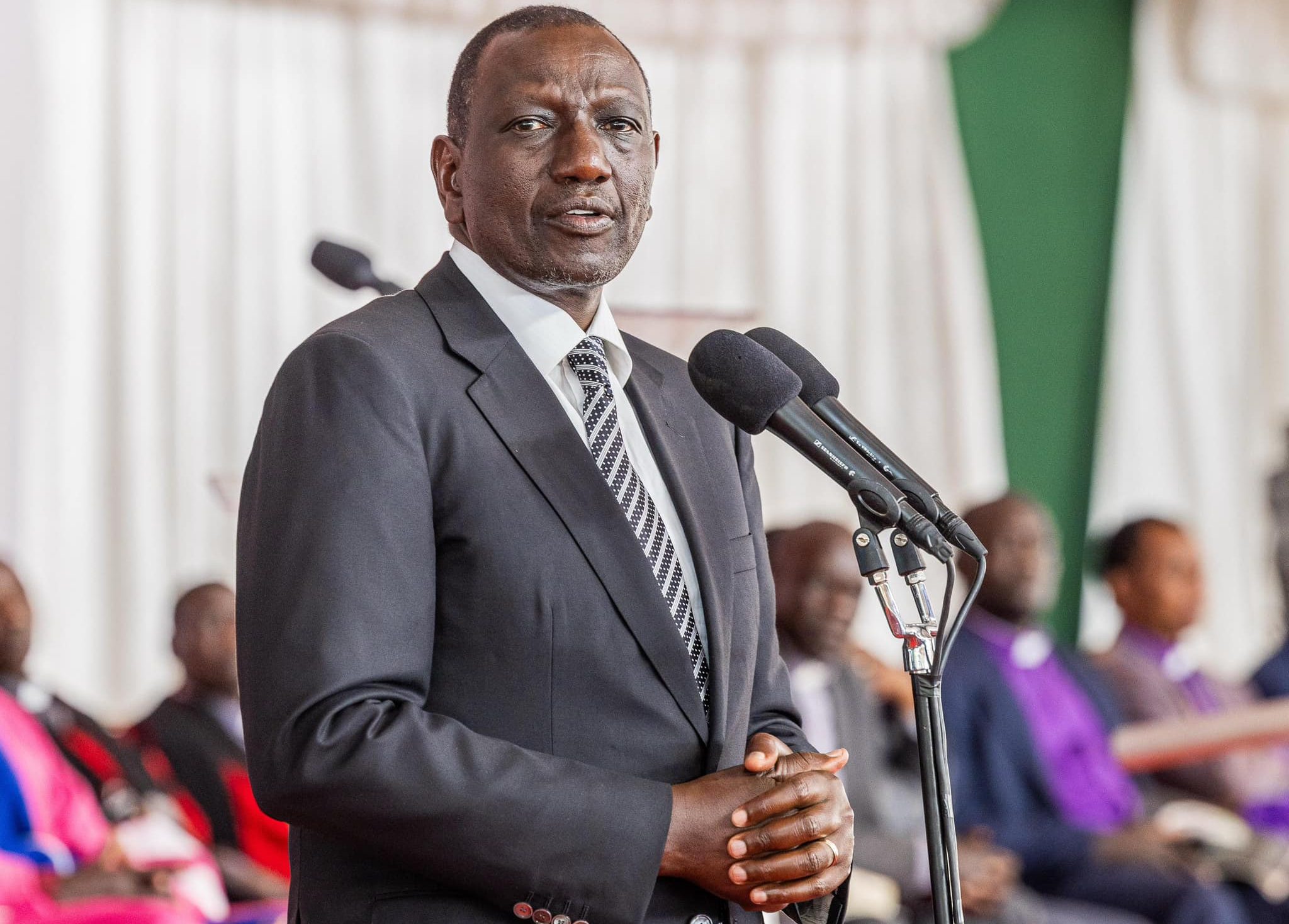New UK PM: Johnson and Hunt await Conservative leadership vote

Either Boris Johnson or Jeremy Hunt will become the new Conservative leader on Tuesday as the result of the contest to succeed Theresa May is announced.
The outcome of the ballot of about 160,000 Tory members will be revealed at just before midday.
The victor will officially become prime minister on Wednesday.
Mr Johnson, a former mayor of London, is seen as the clear favourite although a number of senior figures have said they will not serve under him.
Mrs May, who is standing down after a revolt by Conservative MPs over her Brexit policy, is chairing her last cabinet meeting.
She will officially tender her resignation to the Queen on Wednesday afternoon after taking part in her final Prime Minister’s Questions.
Her successor will take office shortly afterwards, following an audience at Buckingham Palace.
‘An extraordinary triumph?’
The embedded expectation in Westminster is that the name will be Boris Johnson – unless the Tory party has been collectively deceiving itself in the past few weeks.
If it proves so, the triumph will be extraordinary. Not because of a journey Mr Johnson has been on in the last few weeks – the controversial former foreign secretary and London mayor started out as the frontrunner.
But because again and again, over many years, his own political accidents and behaviour would have ruled other politicians out.
Mr Johnson’s supporters would say he has found himself in some serious scrapes.
His detractors would say he has blundered his way through a high-profile career causing offence and putting his own interests ahead of the country’s.
It wasn’t so long ago that the same received wisdom in Westminster that said he could never make it, said that he had blown too many chances – his long held public ambition would never be achieved.
But it is likely his status as Brexit’s cheerleader-in-chief will see him into the job he has craved.
Conservative members have been voting by post for the past two-and-a-half weeks. It is the first time they will have selected a serving prime minister.
Since he made the final two candidates last month, Mr Johnson – who led the Leave campaign in the 2016 Brexit referendum – has been regarded as the clear frontrunner.
Conservative MP Sir Michael Fallon told the BBC’s Radio 4 Today programme Mr Johnson would “improve” the Brexit deal with the EU in a way that would satisfy Parliament.
“One of the great attractions of Boris taking over our party is that he is optimistic and ambitious,” he said.
The month-long leadership campaign has been dominated by arguments over Brexit.
Mr Hunt, the foreign secretary, has said he is better placed to secure a negotiated exit and would be prepared to ask for more time beyond the Halloween deadline to finalise it.
Mr Johnson has said he is determined to take the UK out of the EU on 31 October, if necessary without a deal. He has said all ministers must “reconcile” themselves to this.
Chancellor Philip Hammond, Justice Secretary David Gauke and International Development Secretary Rory Stewart have said they cannot support this and will resign if Mr Johnson is elected.
Mr Gauke said he had held a “very friendly” meeting with Mr Johnson on Monday, in which he told him that he could not serve under him because they have “very different views on the consequences of a no-deal Brexit”.
But speaking on the Today programme on Tuesday, Mr Gauke said he wanted Mr Johnson to succeed – should he become PM – and he would not vote against the Conservative party in any confidence motion.
There are likely to be wholesale changes in cabinet if Mr Johnson wins. Such a reshuffle will only begin if and when Mr Johnson enters Downing Street on Wednesday.
Sir Alan Duncan, who quit his Foreign Office role on Monday, had called for MPs to have a vote before this on whether they actually back Mr Johnson forming a government.
He said this would show whether Mr Johnson, who like his predecessor will depend on the votes of the Democratic Unionists to form a majority, has “the numbers to govern”.
However, his request was turned down by Commons Speaker John Bercow.
